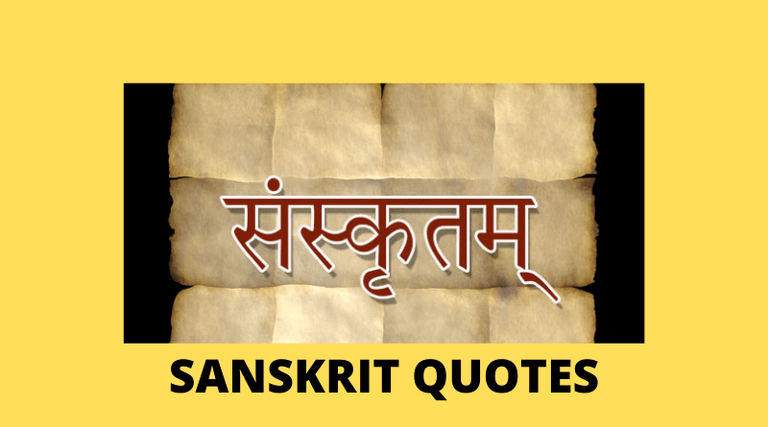Conspicuous consumption is the act of buying expensive or high quality goods and services to display wealth, prestige, or social status. It can also involve spending time on leisure activities to display wealth. A person who get wealthy overnite gets extravagant. Public show offs comes naturally to them and in process they end up spoiling their wealthness. Keeping this attitude of human being, Sanskrit languages have following to say :
दैववशादुत्पन्ने सति विभवे यस्य नाSस्ति भोगेच्छा|
नच परलोकसमीहा स भवति धनपालको मूर्खः||

Daivavashaadutpanee sati vibhave yasya naasti bhogecchaa.
Nacha paralokasameehaa sa bhavati dhanapaalako moorkhh.
Daivavashadutpanne = daiva + vasshat + utpanne.
Daiva = God, fate.
Vashaat = by command of.
Utpanne = born, becomes
Sati = acquisition.
Vibhave = weaalth, property.
Yasya = whose.
Naasti = non existent.
Bhogecchaa = desire for conspicuous consumption and worldly pleasures.
Nacha = na + cha.
Na = not.
cha = and.
Paraloksameehaa = paraloka + samehaa.
Paraloka = afterlife
Sameehaa = longing for.
Sa = he.
Bhavati = becomes.
Dhanapaalako = a guard of a treasure.
Moorkhah = a stupid person.
The verses like to highlight that "If by the God's grace a person acquires wealth, but desire to use the wealth for conspicuous consumption and other worldly pleasures is non existent in him, and he also does not have any longing for a better afterlife, then such a person is a fool and just like a guard of a treasure."
As per Hindu Religion there are only three ends of wealth i.e. conspicuous consumption, secondly, using it for charitable purposes, and thirdly by destruction. Distributing wealth for charitable purposes is supposed to earn 'Punya' to the donor, which, puts him in a comfortable position in his next birth cycle, which is termed as 'Paraloka sameeha'.
